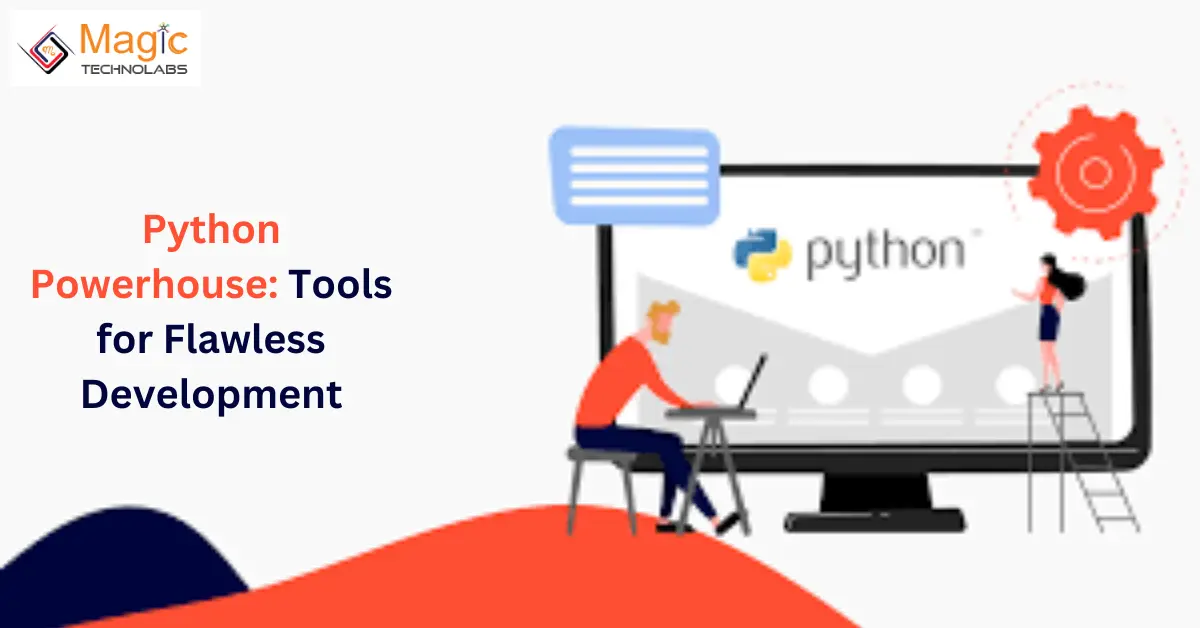Python, the beloved and versatile programming language, has taken the development world by storm. Its easy-to-learn syntax and vast libraries make it a favorite for beginners and seasoned developers alike. But even the most experienced Python programmers can benefit from a powerful toolkit to write clean, efficient, and bug-free code. Here, we explore some essential tools to transform you into a Python powerhouse!
Building Your Developer Arsenal:
Integrated Development Environments (IDEs): IDEs like PyCharm and Visual Studio Code offer a one-stop shop for writing, debugging, and testing your Python code. Features like syntax highlighting, code completion, and built-in debugging tools make development a breeze.
Linters and Static Code Analyzers: These tools scan your code for potential errors and stylistic inconsistencies before you even run it. Think of them as grammar and spell checkers for your code, ensuring your Python is clear, concise, and adheres to best practices. Popular options include Pylint and Flake8.
Version Control Systems (VCS): Imagine a time machine for your code! Version control systems like Git allow you to track changes, revert to previous versions, and collaborate seamlessly with other developers. It's a developer's safety net and a must-have for any project.
Testing Frameworks: Writing unit tests ensures your code functions as intended. Frameworks like unittest and pytest help you write clear, concise, and automated tests, catching bugs early in the development process.
Debuggers: Even the best developers encounter bugs. Debuggers allow you to step through your code line by line, inspecting variables and identifying the root cause of errors. Built-in debuggers in IDEs or standalone tools like pdb are invaluable troubleshooting companions.
The Power of the Right Tools:
By incorporating these tools into your development workflow, you'll experience a multitude of benefits:
Increased Efficiency: IDEs and linters save time by automating tasks and catching errors early. Version control streamlines collaboration and prevents overwrites.
Improved Code Quality: Static code analysis and testing frameworks ensure your code is clean, efficient, and bug-free.
Enhanced Collaboration: Version control empowers teams to work together seamlessly and track changes effectively.
Faster Debugging: Debuggers help pinpoint issues quickly, reducing development headaches.
Unleashing the Python Potential:
With the right tools in your arsenal, you'll be well on your way to becoming a Python powerhouse. Remember, these tools are there to empower you, not replace your coding skills. As you master Python and its ecosystem, you'll write cleaner, more efficient code, collaborate effectively, and ultimately build better applications. So, grab your tools, embrace the power of Python, and start creating!
















